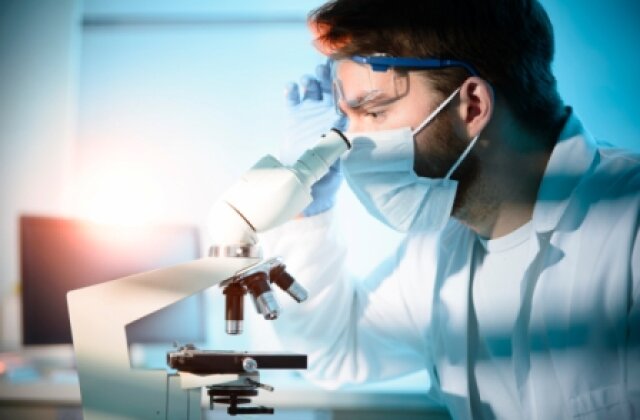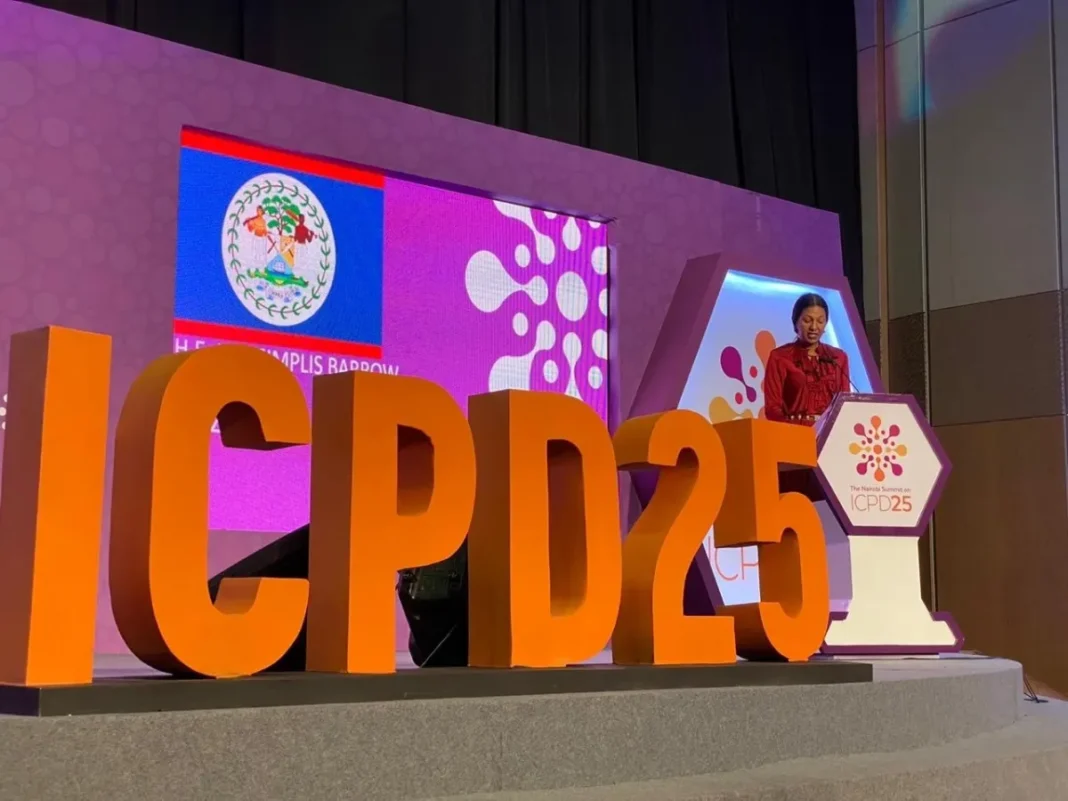By: Abdul Musawir Hakro

Buddha’s recommendations to achieve nirvana, a transcendent state in which there is no suffering, were so difficult that none of his followers could ever achieve it. The disappointed followers ended up conceiving nirvana, a state only attainable in heaven and embarked on preaching Buddha as a god. Because, for them, he was the only one who had achieved this libertarian state. The hope of liberation from suffering turned into despair.
Until recently, a modern Buddha in the shape of Elon Musk appeared who has resurrected the long-gone dream of achieving nirvana but differently and probably. He is trying to develop a mind chip called neuralink which enables the brain to connect directly to the computer. The brain-computer interfaces signify endless possibilities of what can be done once humans begin to re-engineer their brains.
In future stages of Neuralink, thoughts will be controlled which enables you to exclude bad memories or reshape them entirely and create good memories. According to Buddhism, suffering comes from craving — the urge to have more of something from which you had a taste — such as external achievements and inner good feelings. The more you crave the more you suffer. But what if we reshape or omit feelings that make us crave? We will not suffer.
In the biotech era, advanced nanotechnology will help us to prevent diseases and might reverse the ageing process through a bionic immune system composed of millions of nano-robots. The control of lost limbs will be reclaimed by inserting electrodes connected through neurons, or replacing them entirely with advanced artificial organs, giving superhuman capabilities never seen before. People, except for accidental death, will not die and become immortal. However, this might lead to a population explosion, a major concern of the future. An overpopulated digital world and nearly immortal superhumans with advanced artificial limbs having countless data in their head might pose unimaginable repercussions to the world.
On the contrary, the danger of artificial intelligence taking over the job market will be prevented through brain-computer interfaces, for it will merge us with the machines. So, there will be upgraded humans and advanced artificial intelligence; both astute and integral to the job market. Nevertheless, humans will be performing jobs that involve creativity and decision-making, whereas AI might perform all the rest of the work but still require human assistance.
Neuralink’s capacity to store countless data and crystal clear memories that never get blurry will make life much easier and more beautiful. This means you will not have to worry about where your car keys are. However, it raises pondering questions: How will the examination system work when everyone has a countless amount of knowledge stored in their brain chip? On what basis people will be recruited? And what if my brain gets hacked?
Certainly, a new world order, however, far more complex and powerful than before will come into place to counter these problems. But unlike history, where change comes when a leader with his followers revolts against the government with a motivated ideology, the change shall come through biological experiments. This time the leader will not have to be Nelson Mandela to bring huge change but it will be scientists working in a laboratory on a mind chip or artificial limb. The transformation from the foremost spiritual leader Buddha to the world’s richest capitalist Elon Musk, indicates the definition of the change maker has changed.
For Pakistan, the clock is ticking, demanding attention to where we are heading. The blissful ignorance of modern requirements will lead it to be among the most vulnerable countries to the biotech shift. It is high time that the government reduces military expenditure and spends more on scientific and digital education, for this is not an armed battlefield but a scientific war zone. Scientists, not low-wage laborers must be produced. The journey is at the crossroads between the realm of abstract philosophy and the realm of bioengineering.
The writer is a freelance columnist. He can be reached at [email protected]






